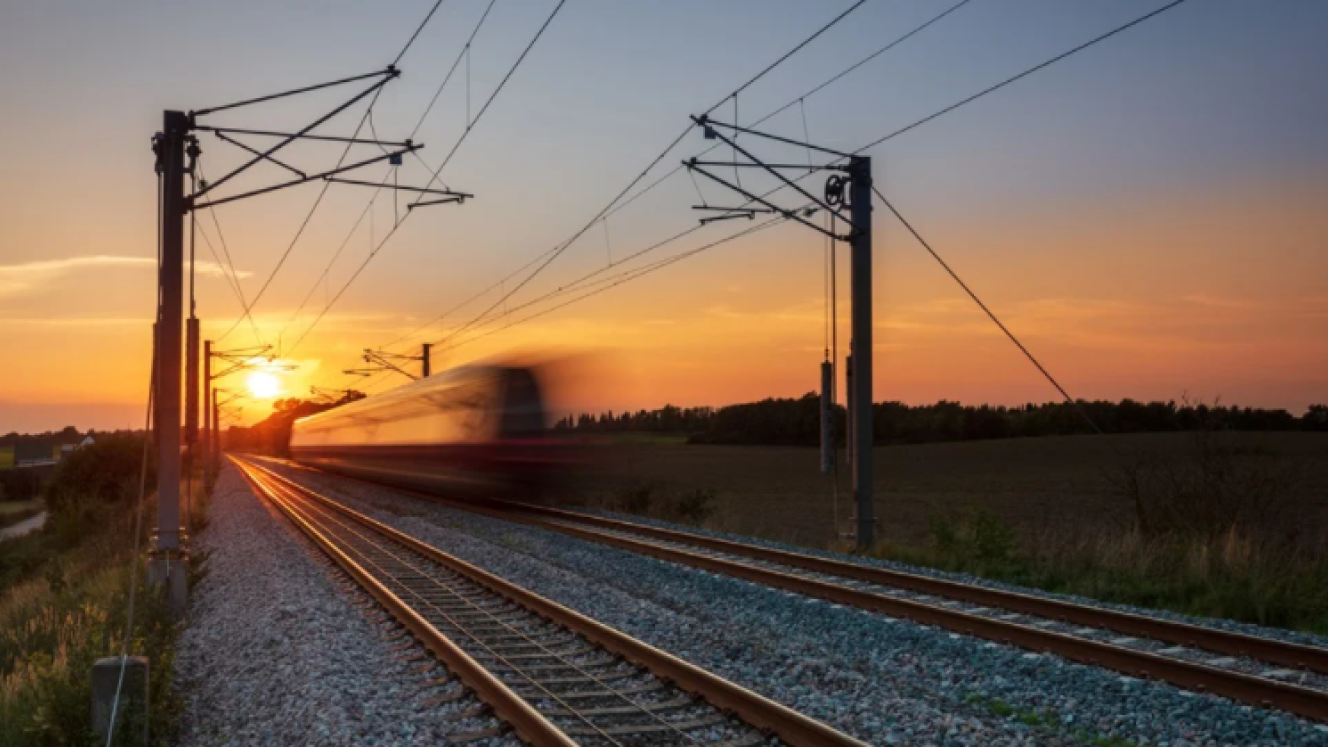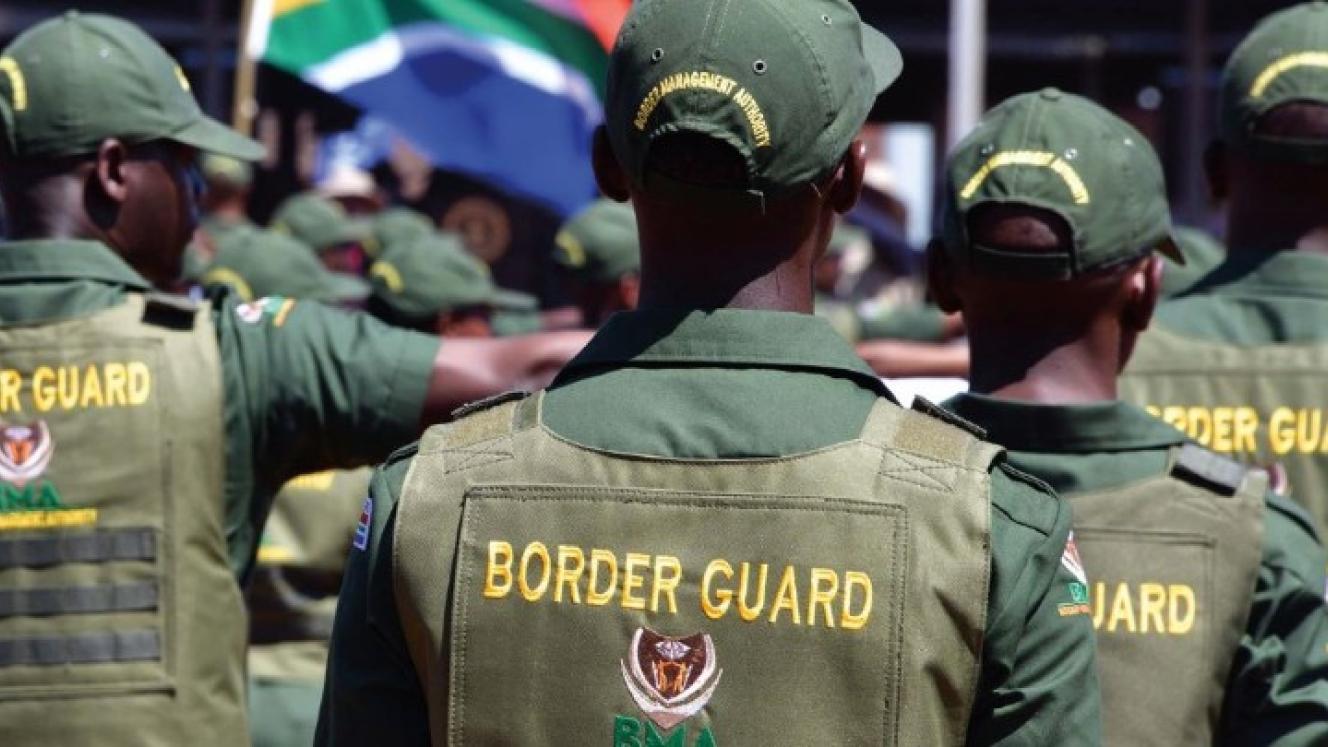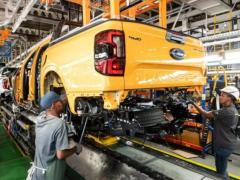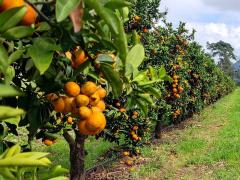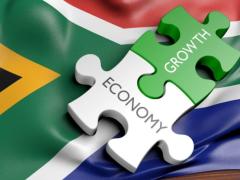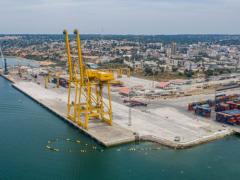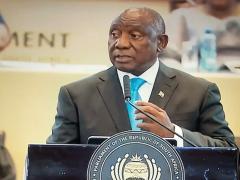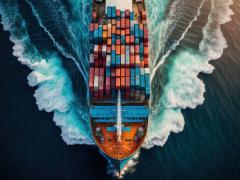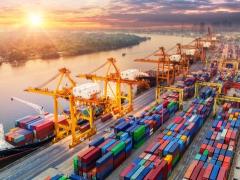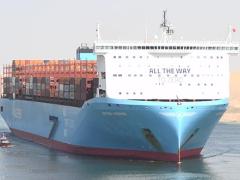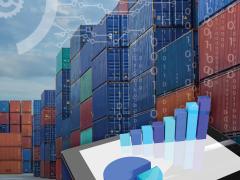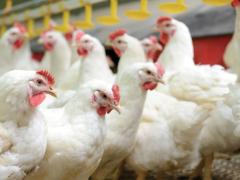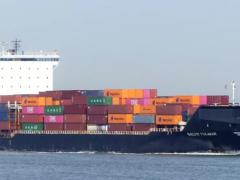The African Rail Industry Association (Aria) has appealed to the government to put words into action and implement third-party access to the rail system.
In October last year, President Cyril Ramaphosa announced that South Africa’s rail network would be opened to third-party operators – an announcement that was backed by Public Enterprises Minister Pravin Gordhan.
But so far, there’s been no further action.
The structural reform required for third-party access requires no additional state resources and is budget positive, says Mesela Nhlapo, Aria CEO.
“Throughout the African continent, more and more countries are opening up their railway networks to third-party access as a way of crowding in capital, capacity and expertise.”
Third-party access is not privatisation, she explains. Instead, it is about allowing private freight rail operators to use the country’s rail network through a user-pays model. “This would add significant volumes to the network, strengthening Transnet’s financial position.”
An estimated 807 million tonnes of freight is moved annually in SA, 612 million tonnes of which moves by road and 195 million tonnes by rail. Once the third-party access reforms are implemented, based on their research, Aria believes that around 58 million tons of freight could potentially move to rail, benefiting agricultural commodities, metals and minerals, motor vehicles, containers, bulk liquid and hazardous chemicals. In addition, the rolling stock investment to meet the volume potential will be around R45 billion.
“Nothing is stopping the government from granting business third-party access. It requires no legislative changes and no investment from the government,” she says.
“We are buoyed by the fact that Project Vulindlela, National Treasury and now Transnet are all citing implementation of third-party access next year. 2022 is the year for implementation and as Aria we are ready to ensure that happens,” says Nhlapo.
